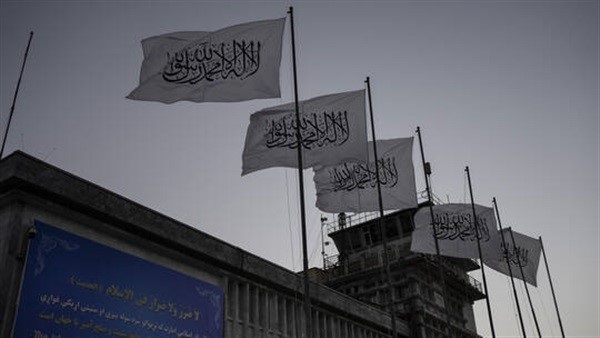Threatening judges and excluding women: Taliban replaces Afghan constitution with its own laws

The Taliban movement rose to power after years of street
wars, which gave it an opportunity to take revenge on those who lined up
against it before, and judges and legal personnel are among the most prominent
Afghans that the new authority tyrannizes.
The Guardian reported that about 4,000 legal employees and
prosecutors are at risk of violence at the hands of the Taliban, as about 28
prosecutors have been killed since the movement came to power in August 2021.
Suffering of a legal employee
The Guardian report, published on August 14, recounted the
suffering of a female legal employee under the Taliban’s authority. Before the
movement came to power, the employee was part of a team that issued a 6-month
prison sentence against one of the movement’s members for mistreating and
assaulting his wife.
After the Taliban gained power, it released many of the
convicts in criminal cases, which allowed some of the elements to communicate
with the plaintiffs who caused them to be imprisoned and threatened, including
the plaintiff whose story was told by the Guardian, which noted that the Taliban
member threatened the plaintiff by phone and then stormed her house with a group
of armed men, forcing her and her family to flee to a secret location.
The plaintiff feared retaliation against her and her family
at the hands of other Taliban elements whom they were able to pass judgments
against during the years prior to the movement’s ascension to power, as she had
participated in the issuance of no less than 2,000 judgments against men
accused of murder, rape and forced marriage.
Undermining legal functions in Afghanistan
In addition to the legal employee fleeing and fearing for
her life and the security of her family, she is no longer able to complete her
work in the judiciary, affecting in one way or another the course of justice in
the country, which was reported by the judicial staff to international media.
Those working in the judicial and legal bodies are no longer
able to work in light of the threats practiced by
members of the movement against them because of the rulings they issued in the
past to restrict their freedom.
UN criticizes legal situation
The Taliban authority has compounded the challenges of
judges and legal workers in general. According to a report published by the
United Nations in January 2023, women acting on behalf of the government are prevented
from completing their work, while men are subjected to violence and constant
threats as a direct result of the rulings they previously issued against the
Taliban.
The UN pointed out that the movement's suspension of the
2004 constitution, the dismissal of some judges, and stripping the Public Prosecutor's
Office of its main functions were a prelude to the collapse of the rule of law
and the independence of the judiciary in the country.
The movement also replaced judges with members from the
Taliban who received only basic religious education to issue fatwas in place of
the established legal system, and it prohibited women from attending courts
unless they were parties to the dispute.
The UN report indicated that the perpetrators are punished
on the same day they are arrested, which means that there are no legal
procedures that guarantee their rights in accordance with the recognized
judicial systems.
The UN commission called on the Taliban to respect the rule
of law and stop discriminatory practices against women working in the judiciary
and other Afghan women affected by the methods of discrimination and violence
against them.







